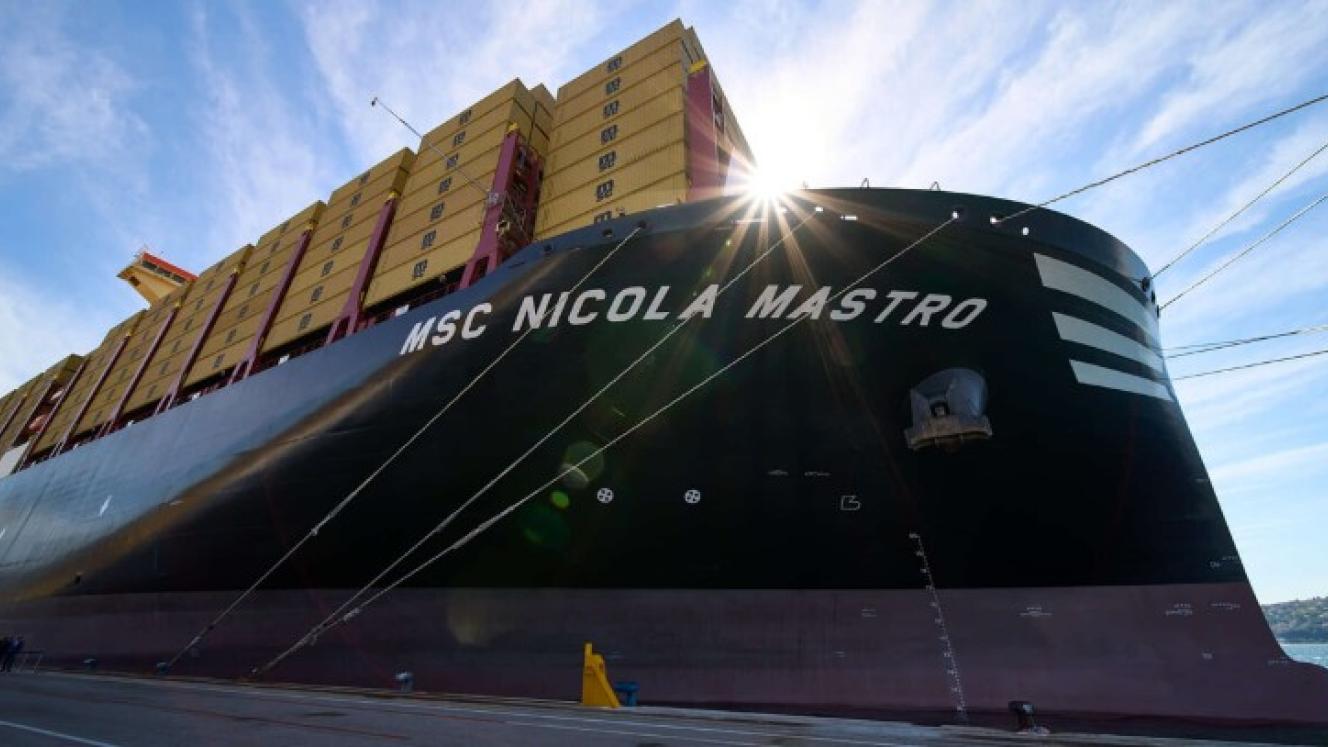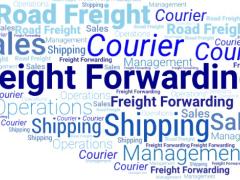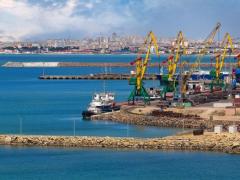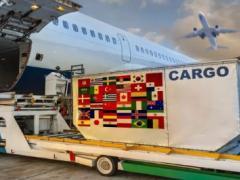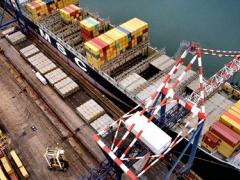A continent-wide shortage of cold chain logistics skills has far-reaching implications for economic development and being able to feed the continent’s growing population, which is projected to increase from 1.6 billion to 1.7bn by 2030, and 1.9bn in 2035, half of whom will be living in cities.
“Africa has the potential to become the world's food basket, but this vision depends on developing a robust cold chain industry,” writes Paul Matthew, director of Africa Global Cold Chain Alliance.
“A well-established cold chain can help Africa tap into lucrative international markets, increasing revenue for farmers and local economies. It also enables the development of value-added processing industries, creating jobs and diversifying the agricultural economy.”
One of the constraints is that many rural areas in Africa still lack access to advanced cold chain management technologies and skilled personnel, he says.
Mordor Intelligence values the current Africa cold chain logistics market at $11.78bn in 2025.
It is expected to reach $17.54bn by 2030, at a compound annual growth rate of 8.28% up to 2030.
The growth in demand for cold chain packaging and logistics is being driven by a combination of economic development coupled with rising income levels, the proliferation of modern retail outlets in rapidly growing cities, and improvements to cold chain infrastructure, according to Mordor.
The demand for skills is reflected in online job advertisements, with at least 1 200 in South Africa.
They range from drivers (now last mile executives) to 62 positions listed as ‘executive’.
Candidates need a rare combination of skills, according to Gov Kandola, transport and logistics lead at Venari Partners.
“The ideal candidate is seen as having significant experience at tactical, operational, and analytical levels – a combination that is not easy to find at the best of times.”
In Africa, the first challenge for those working in the cold chain, agricultural organisations and governments is to reduce losses.
Africans do not need to go hungry.
According to the Food and Agriculture Organisation (FAO), between 30% and 50% of food produced for human consumption in Africa is lost every year.
In monetary terms, this equates to over $4bn worth of food lost in sub-Saharan Africa due to inadequate storage and transportation.
“These avoidable losses erode farmers’ incomes, push up food prices, weaken urban food security and waste precious natural resources such as land, water and energy,” states the FAO.

